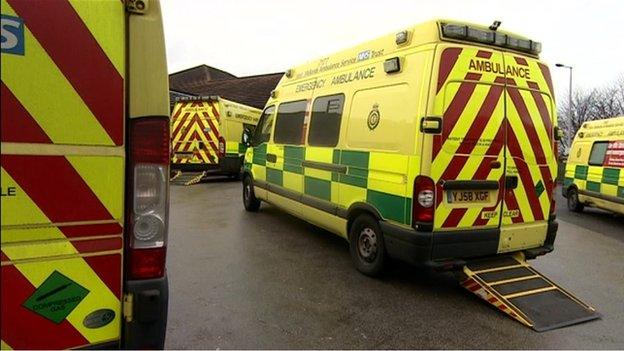Shropshire cancer patient dies during eight-hour wait for ambulance
- Published
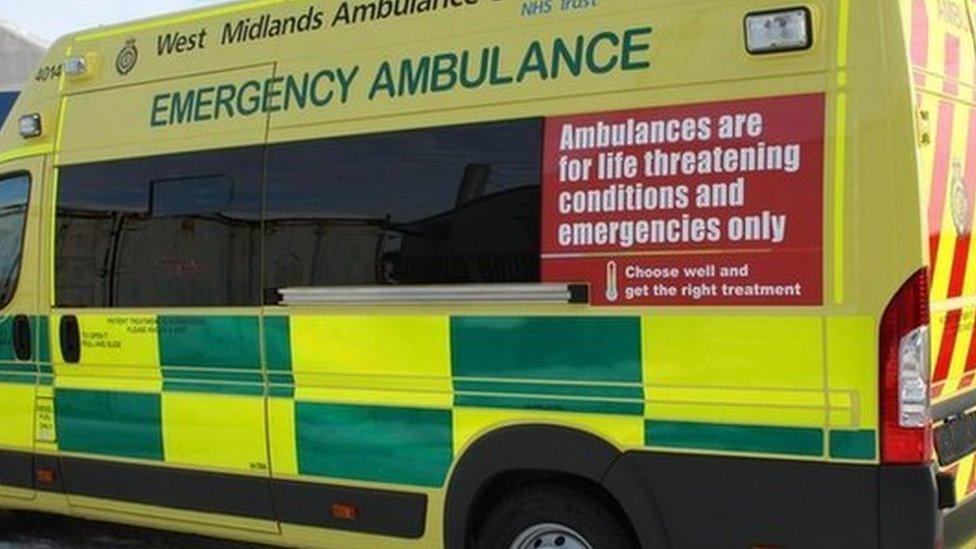
West Midlands Ambulance Service said it was working to reduce delays outside hospitals
A cancer patient with breathing difficulties has died while waiting eight hours for an ambulance.
The man was found dead by ambulance crews at his home in Shropshire on Tuesday morning.
He was wearing a coat and had a bag packed, ready to go into hospital.
West Midlands Ambulance Service (WMAS) apologised to his family and said Monday and Tuesday had been among its busiest days on record.
An ambulance was first requested by cancer services to the man's home at 22:42 BST on Monday.
After seven further calls to report breathing problems, a crew from Shrewsbury arrived at 06:43 on Tuesday.
"We would like to apologise to the family for the length of time it took to attend this incident," WMAS said.
"Our staff and volunteers are working tirelessly to reach patients as quickly as possible, but the severe pressure that A&E departments are seeing leads to delays for our crews handing over patients and responding to other calls."
It also said paramedics "regularly ring back patients to reassess their condition and all patients continue to receive clinical care until they are handed over to hospital staff".
Ambulances should be able to offload their patients within 15 minutes of arriving at hospital and if a crew is delayed for more than an hour it is recorded on a log.
In August 2019, before the pandemic, crews recorded a total 3,893 hours delayed at hospitals.
In August 2021 it had risen to 15,651 hours, with almost half of WMAS ambulances at a hospital at any one time.
One crew on Tuesday was stuck for nine hours and 14 minutes.
WMAS said: "We are working with all local NHS partners to reduce delays so that our crews can respond to the next incident as quickly as possible."
On 6 September WMAS took 5,577 calls and on 7 September, it received 6,392 calls.
It said it was far busier than any New Year's Eve, traditionally the busiest day of the year, and 19 of its 20 busiest days ever had come in June, July, August and September this year.

Follow BBC West Midlands on Facebook, external, Twitter, external and Instagram, external. Send your story ideas to: newsonline.westmidlands@bbc.co.uk, external
Related topics
- Published9 June 2021
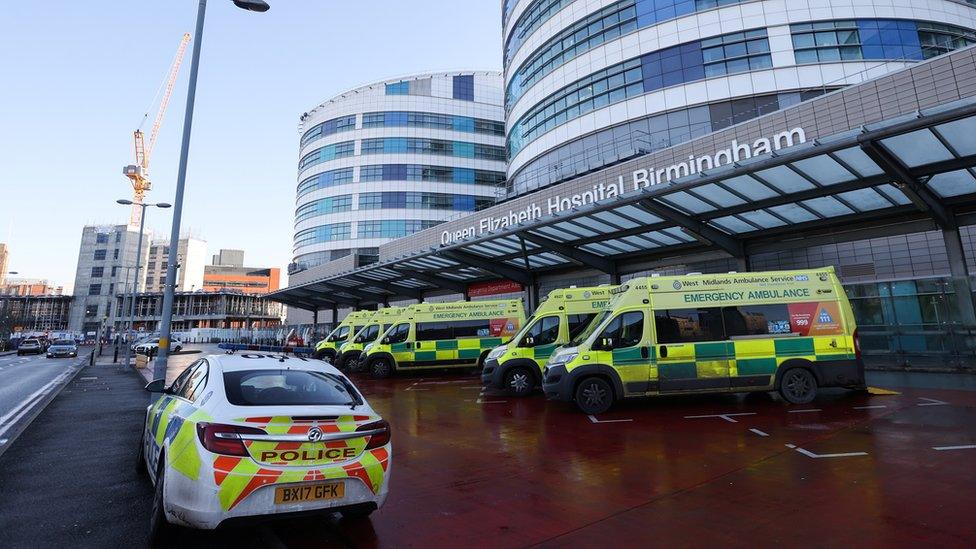
- Published23 December 2020
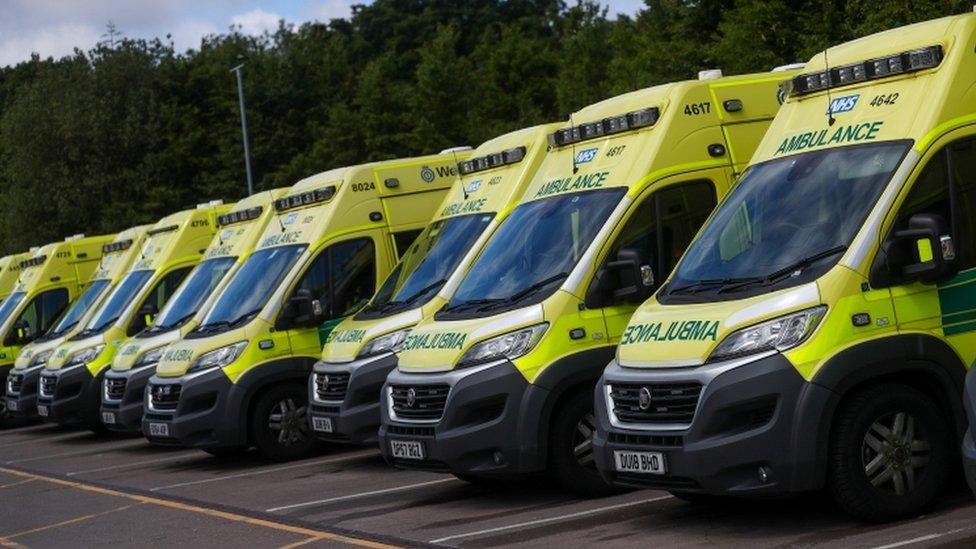
- Published21 November 2017
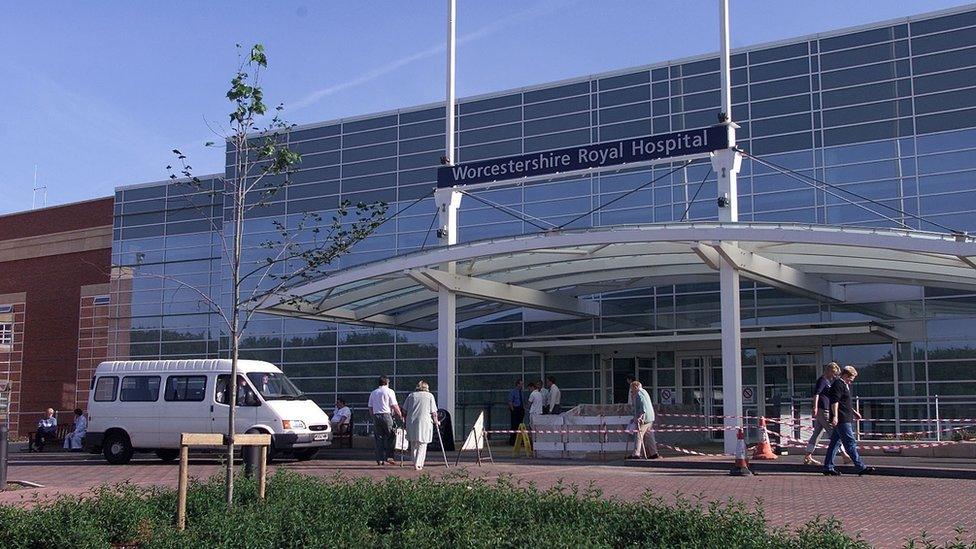
- Published14 December 2014
